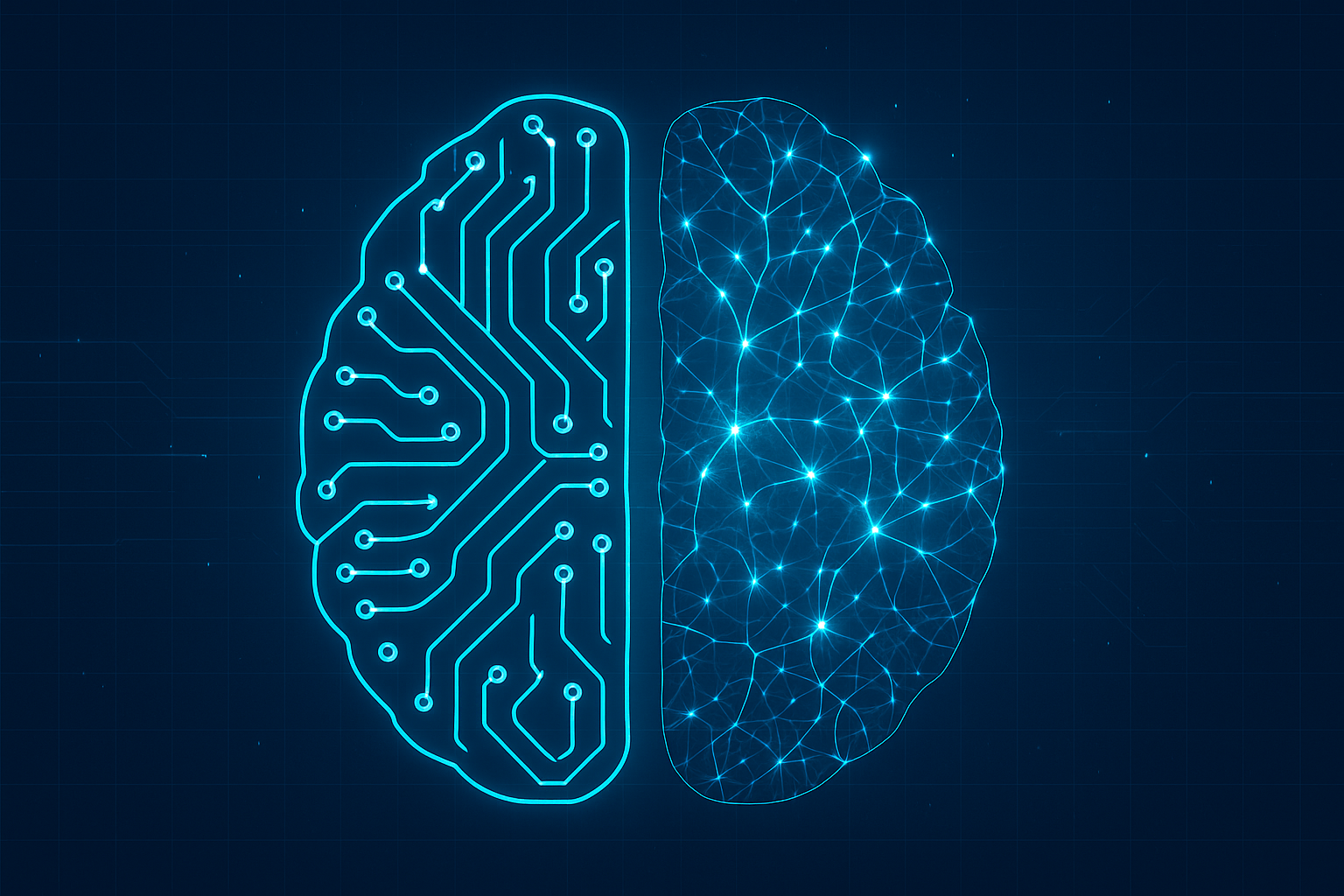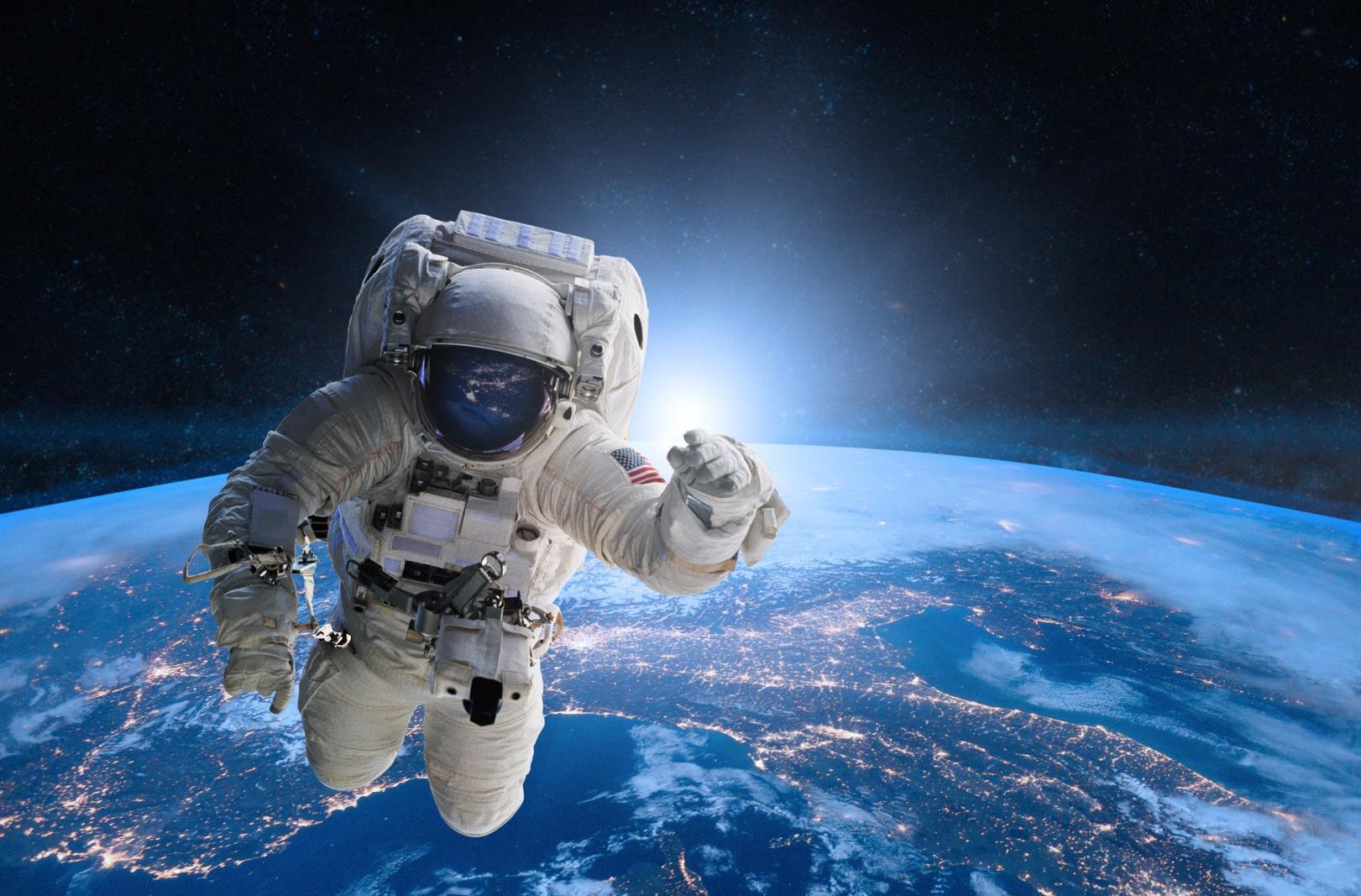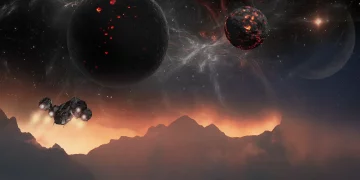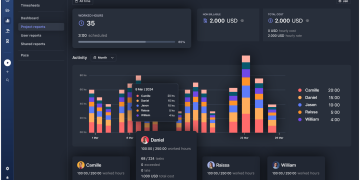In the ever-evolving landscape of technology, a question lingers: Do technological horizons truly expand, or do they merely shift? From the Industrial Revolution to the modern digital age, society has witnessed profound transformations that have fundamentally reshaped how we live, work, and think. However, as we look closer at the development of technology, it becomes clear that the trajectory may not be one of continuous expansion but rather a shifting of boundaries and paradigms.
This article explores whether technological horizons are genuinely expanding or simply shifting and examines the forces driving this change. We will analyze historical perspectives, technological progress, and the implications of our evolving relationship with innovation.
The Historical Perspective: Expanding Horizons
In the early days of technological progress, it seemed as though each breakthrough opened up new frontiers. The wheel, the printing press, the steam engine, and electricity all had the effect of dramatically expanding the limits of human potential. Each innovation created a new dimension of possibility, and for a time, it felt as though the horizon was always moving outward, forever stretching ahead of us.
The Industrial Revolution: A New World
The Industrial Revolution in the late 18th and early 19th centuries is a prime example of a truly expansive technological shift. It transformed agrarian societies into industrial powerhouses, drastically altering economies, social structures, and daily life. The development of factories, mechanized transportation, and mass production techniques not only changed industries but also created entirely new ones. The horizon of technological possibility seemed to expand rapidly, offering new opportunities, jobs, and lifestyles that were unimaginable just a few generations before.
This era exemplified how technology could enable humanity to transcend old limitations and expand into new domains—both physical and intellectual. The production of goods, communication, and transportation became faster, cheaper, and more efficient, allowing economies to grow at unprecedented rates. In this period, technology wasn’t merely a tool; it was the catalyst for progress itself.

The Digital Revolution: From Analog to Bits
The digital revolution that began in the mid-20th century added another layer to this narrative of expansion. With the advent of the computer, the internet, and artificial intelligence, we entered a new realm of possibilities. The sheer speed at which information can be processed and shared has connected the world in ways that were once confined to the realm of science fiction.
The development of personal computers and smartphones has revolutionized communication, entertainment, business, and education. Software innovations like cloud computing and big data have opened up new avenues for growth in almost every industry, creating a digitally interconnected world that continues to evolve rapidly. Here again, we see how technological horizons seemed to expand: We are now able to access vast amounts of information, communicate instantly with anyone on the planet, and create new virtual spaces that would have been unthinkable just a few decades ago.
The Modern Era: Shifting Horizons
However, despite the undeniable achievements of technological innovation, the current landscape of technological development suggests that the nature of our progress may be less about expanding horizons and more about shifting them. Technology is still advancing at an incredible rate, but increasingly, it seems that we are reconfiguring the boundaries of what’s possible rather than creating entirely new dimensions.
Incremental Advances in AI and Automation
Take, for example, the field of artificial intelligence (AI). While breakthroughs in machine learning and deep learning have allowed AI to achieve remarkable feats—such as beating humans at complex games like chess and Go or generating realistic images from text prompts—there’s an argument to be made that AI is not so much expanding the horizons of technology as it is shifting them. The technology is building on existing paradigms (such as data processing and pattern recognition) and is increasingly being integrated into existing systems like manufacturing, healthcare, and finance.
Instead of opening entirely new avenues for human endeavor, AI is often used to improve existing processes, increase efficiency, and enhance capabilities within current industries. While this might seem like an expansion, it’s more accurate to say that AI is recalibrating the way we engage with familiar tasks. The horizon is shifting as AI helps us redefine the boundaries of our productivity and creativity.
The Case of Space Exploration
Space exploration offers another compelling example of technological shifting. In the mid-20th century, the space race was a clear instance of expansion. The moon landing, in particular, was a monumental leap for humankind, signifying our ability to extend our reach far beyond the confines of Earth.
However, modern space exploration efforts—particularly those led by private companies like SpaceX—are not about making giant leaps. Instead, they focus on reducing costs and making space travel more accessible. We are not necessarily venturing into entirely uncharted territories; we are refining our capacity to navigate space and establish a permanent human presence there. While this is no small feat, it represents a shift in how we approach space rather than an expansion of our ultimate horizon.

The Internet of Things (IoT) and Smart Cities
The IoT and smart cities are another case where the horizon of technological progress seems to shift. These innovations promise to make our environments more connected and intelligent. From smart homes that automatically adjust lighting and temperature to urban planning systems that optimize traffic flow, we are witnessing a seamless integration of technology into our daily lives.
Yet, this integration is less about creating entirely new ways of living and more about augmenting the way we already live. The IoT is not adding new dimensions to our existence but rather enhancing the functionality of our existing infrastructure. These technologies allow us to make smarter decisions based on real-time data, but they do not expand the fundamental nature of our cities, our homes, or our social interactions. In this sense, the horizon is not expanding—it’s simply being reshaped.
The Philosophical Question: Is “Shifting” Just Another Form of Expansion?
The question remains: can shifting horizons still be considered an expansion? If technological progress continuously reconfigures the boundaries of what we consider possible, is that not an expansion in its own right? After all, the effects of these technological shifts can still be profound. Consider the social, economic, and ethical implications of AI, IoT, or space colonization. Even if these technologies are reworking existing structures rather than creating entirely new ones, they are still altering the fabric of society in ways that will take time to fully comprehend.
In many ways, technological shifts represent an evolution in how we interact with the world, akin to shifting the lens through which we view the future. Technology often builds on itself, creating iterative advancements rather than groundbreaking revolutions. This cumulative effect creates a steady transformation of the technological landscape that feels like a shift but may have just as much of an impact as the grand expansions of the past.
Conclusion: The Future of Technological Horizons
Ultimately, the distinction between “expansion” and “shifting” may be less important than it seems. Both processes contribute to the evolution of technology and society in meaningful ways. While we may not always see the kind of radical, world-altering breakthroughs that characterized earlier technological revolutions, the incremental shifts we are witnessing today hold their own transformative power.
In some ways, we may have moved from an era of expansive technological frontiers to an era of constant, accelerating shifts. This does not mean that the horizon of possibility is shrinking, but rather that it is constantly being redefined. Whether through AI, space exploration, or the Internet of Things, we are continuing to push boundaries—just in different, often more subtle ways. The horizon is no longer a static line in the distance; it is a fluid and dynamic space that evolves alongside our needs, dreams, and capabilities.























